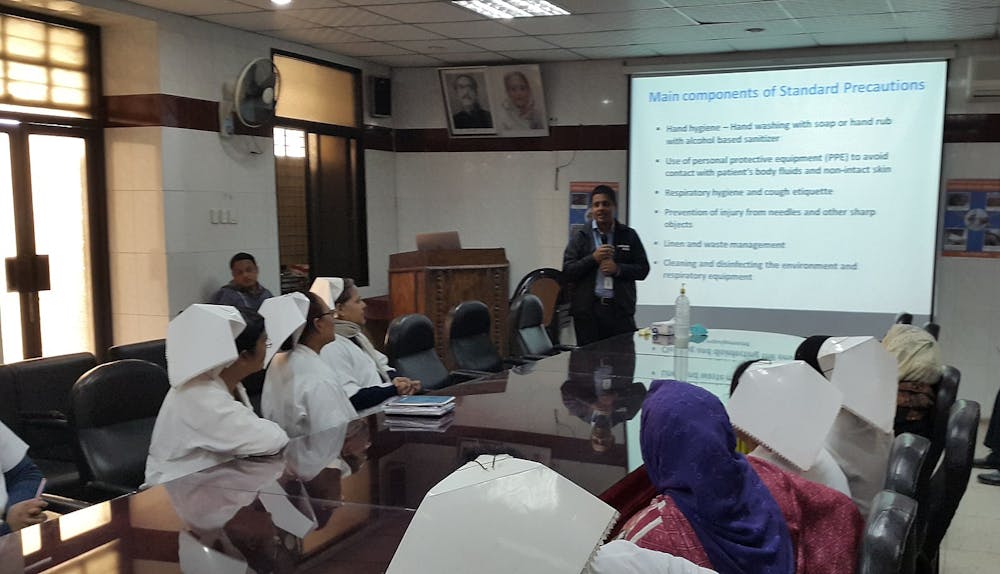By Aneri Upadhyay
Staff Writer
Although the United States is still living in a pandemic, many people have considered this past year to be a “post Covid-19” world, with masking mandates lifted and events opening back up. However, in India, a new virus outbreak has changed the way people are living once again.
Kerala, a state in South India, has been on lockdown since the spread of Nipah virus. The Nipah virus spreads between people and animals according to the CDC. The virus is very dangerous because it can cause the brain to swell, a symptom known as encephalitis. Other symptoms include vomiting, difficulty breathing, seizures, confusion and coughing.
Death occurs in 40-75% of cases. Long term side effects include personality changes and convulsions. There are almost annual outbreaks of Nipah virus in parts of Bangladesh and India, with Kerala being one of the latest victims to the virus.
As reported by NPR, schools, offices and public transportation have been shut off in Kerala to prevent the transmission of the virus.
Pinarayi Vijayan, chief minister of Kerala, gave a statement on the plan for decreasing transmission.
"More people could be tested ...Isolation facilities will be provided,” he said.
Kerala’s Health Minister Veena George spoke more on the plans for dealing with the virus.
"We are focusing on tracing contacts of infected persons early and isolating anyone with symptoms," she said.
This is Kerala’s fourth outbreak since 2018. The strain found there has been confirmed to be the same as the one previously found in Bangladesh.
The virus can be tested by swabbing the nose. There are, however, two strains of the virus. The Bangladeshi strain has a fatality rate of 75%, and this is the strain currently affecting Kerala.
Health authorities have created 43 containment zones and advised the public to wear masks. Epidemiologist Raman Kutty, research director at the Amala Cancer Institute in Thrissur, Kerala, spoke on the cautionary use of masks.
"There's no rationale for masking up, since the Nipah virus does not spread through the air,” he said. "Health authorities are just being very cautious.”
Although this is not Kerala’s first outbreak, it is still concerning, according to Rajib Ausraful Islam, a veterinary physician at the International Center for Diarrhoeal Disease Research in Dhaka, Bangladesh.
“Each outbreak is a concern,” he said, according to Nature. “Every outbreak is giving the pathogen an opportunity to modify itself.”
The disease is less likely to spread from person to person than with Covid-19. Danielle Anderson, a virologist at the Royal Melbourne Hospital in Australia, believes that the Nipah virus will not have the same effect as Covid-19.
“I would not expect that it would spread globally,” she says. “Nothing to the extent of what we’ve seen with Covid-19.”
Regardless, Kerala is treating the virus with caution in hopes of decreasing transmission and stopping the outbreak once again.







